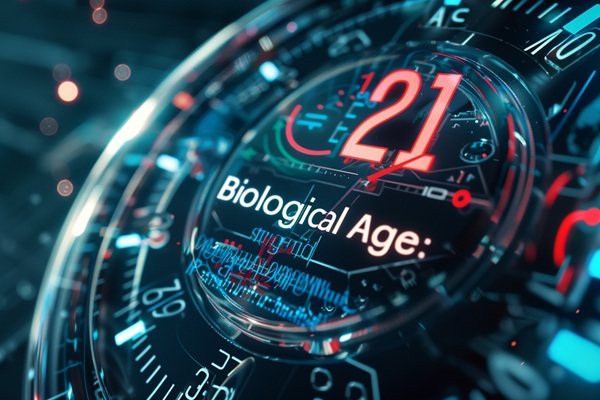AI-Powered Method Combines Blood Data to Accurately Measure Biological Age
Posted on 30 Oct 2025
Chronological age tells us how many years we’ve lived, but not how quickly our bodies are ageing. Some people stay healthy well into their 80s or 90s, while others experience decline much earlier. To bridge this gap, researchers have developed a new biological age measurement tool that uses artificial intelligence (AI) to identify how fast the body is truly ageing — potentially helping doctors detect and track age-related diseases sooner.
In a study led by Edith Cowan University (Perth, WA, Australia) in collaboration with Royal Prince Alfred Hospital (Sydney, NSW, Australia) and Shantou University Medical College (Shantou, Guangdong, China), the research team studied two key biological datasets from blood samples. The first was the IgG N-glycome, which represents sugar structures attached to antibodies, and the second was the transcriptome, which provides a snapshot of gene activity within blood cells.

By integrating these datasets through an AI technique known as Deep Reinforcement Learning, the researchers developed a new ageing clock called gtAge. The gtAge model accurately predicted a person’s age with 85% precision, outperforming models that relied on only one type of data. The researchers also found that the difference between predicted biological age and actual chronological age — known as delta age — correlated strongly with health markers such as cholesterol and blood glucose levels, which are linked to ageing and metabolic diseases.
To achieve this breakthrough, the team created a custom AI framework named AlphaSnake, designed to improve prediction accuracy by selectively identifying the most relevant data points from the two biological sources. Unlike conventional models that blend data without discrimination, AlphaSnake uses Deep Reinforcement Learning to identify the optimal features that contribute to ageing, resulting in a more refined and biologically meaningful model.
The study tested gtAge on 302 middle-aged adults from the Busselton Healthy Ageing Study in Western Australia. The researchers concluded that measuring biological age instead of chronological age could provide valuable insights into a person’s health trajectory. The tool could eventually be used to guide lifestyle or medical interventions aimed at slowing biological ageing and preventing chronic disease.
“By merging IgG N-glycome data and transcriptome data, we have elevated the accuracy of biological ageing estimation,” said Dr. Xingang Li, Postdoctoral Research Fellow at ECU’s School of Medical and Health Sciences. “It links to real health risks and could help spot people at risk of age-related diseases earlier.”
Related Links:
ECU
Royal Prince Alfred Hospital
Shantou University Medical College














